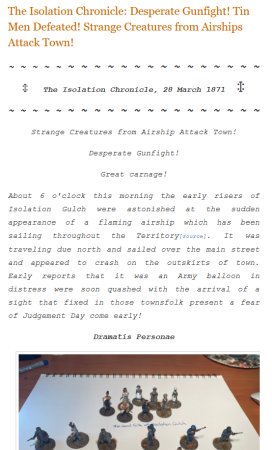Last week, I converted a screwdriver into a high-torque, low-speed drill. But why not use a full-size power drill?
I already had a nice, powerful drill in my toolbox, but it was fairly old, large, heavy, and had a power cord. So I picked up this new model, the Black & Decker LDX112C 12-Volt MAX Lithium-Ion Drill/Driver with 1 Battery, $44.98 USD at Amazon. I wanted something that was lightweight, rechargeable, and had more power than just a low-end drill/screwdriver. I also wanted 'variable speed', which means the speed of the drill is controlled by how far you depress the trigger.
In the old days, all drills came with a set of drill bits, usually in a bendy orange plastic container. Not any more. To save me from having to run to my toolbox if I needed to change bits, I decided to purchase a set of drill bits just for my workbench: the Black & Decker 15557 Drill Bit Set, 10-Piece, $5.99 USD at Amazon. No orange container – in fact, no container at all! Just a rubbery drill bit holder.
Then, since I had the drill bit, I decided to go back to my previous project and drill out a hull or two. I used the 5/64" drill to make a slightly larger hole than the turret pins.
Did it do the job? Oh, yeah. Did it do it faster? Yes, it did. I used the slowest speed I could get on the drill, which was plenty for this task.
Did I need to wear eye protection? Definitely, bits of metal are thrown around. Could I hurt myself? Well, if I was holding a mini in my hand and drilling, I suppose I could make a wild slip and impale my hand on the drill bit… Was it noisy? Yes, I won't do this when someone in the household is trying to sleep. ![]()
Now, let's tackle a bigger project. I have two Aeronef Digs (dirigibles) that I want to drill 1/8" holes into, so that I can insert magnets for mounting to flight stands. These models are solid pewter.
Yes, it worked. The models are oddly shaped, so I took the risk of holding one in my left hand while holding the drill in my right hand. The models became warmer but not hot to the touch. Once, the drill bit caught in the hole, and the torque tore the model out of my hand and threw it (no damage, fortunately).
And that's the model with the magnet glued into place.
So that's a run-down of the benefits and risks of using a full-size drill with miniatures. It's fast, it's powerful, but there is risk with power tools.






